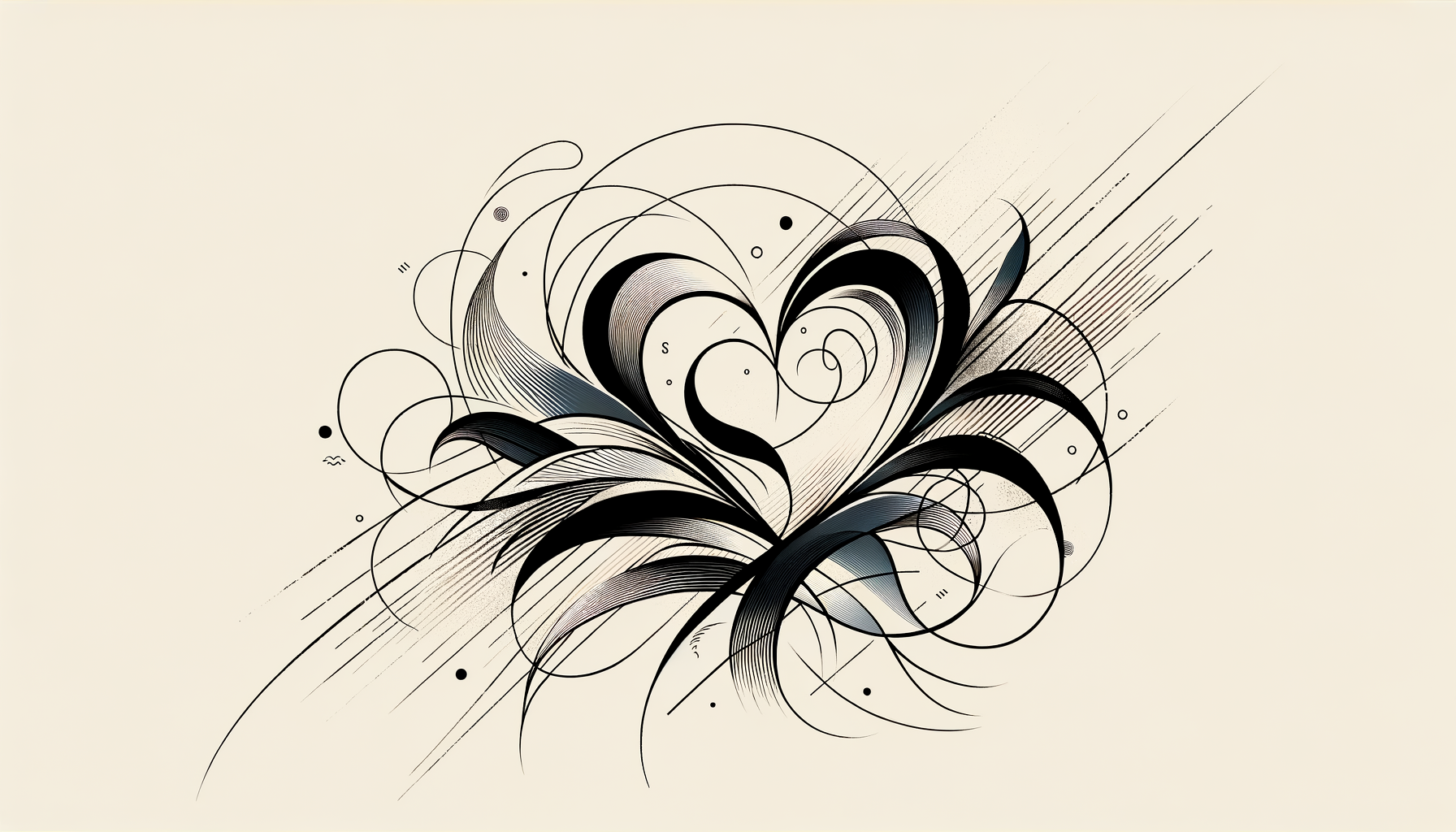The Things I Wish Someone Had Told Me About Relationships
The Myth of Perfect Timing (It’s Never Coming)
You know those grand movie moments—two lovers lock eyes from across the café, perfectly timed with Edith Piaf's "La Vie en Rose" swelling in the background. It’s cinematic, sure, but real life is painfully devoid of orchestras hiding in bushes. Waiting for the “right moment” is like waiting for Tokyo's Shibuya Crossing to be empty—it’s just not going to happen.
I’ve been guilty of this. In my twenties, I was the queen of waiting. Waiting to feel ready, waiting for some cosmic sign that what I was feeling (or who I was feeling it for) was “meant to be.” Lesson learned: the stars aren’t waiting for your cue. If you care about someone, say something. The timing may never feel perfect, but hey, neither are most of us. Give your imperfect self permission to stumble forward anyway.
Kill the Checklist (Or At Least Burn the Edges)
About that mental checklist of “The Perfect Partner”: Tear it up. Or better yet, fold it into an origami crane and release it into the wind.
When I first started dating, I had an elaborate list. He had to be tall (because apparently, I thought height guaranteed compatibility?). Ideally, he’d have an impractically artsy job—like restoring obscure French films or designing minimalist teapots. Spoiler: none of these qualities matter when you’re debating whose turn it is to buy toilet paper at midnight.
If I’m being honest, my best relationships have been with people who surprised me. One loved an obscure 1980s anime that I initially found odd enough to secretly Google. Another was a hardcore meat eater while I was committed to pescatarianism. Yet they both taught me invaluable lessons: Compatibility comes in unexpected ways. At the end of the day, find the person who makes you laugh when it’s raining and your umbrella’s broken.
Communication Is Sexy (Even When It Feels Awkward)
Ah, communication—the holy grail of advice columns and couples therapy sessions alike. At some point, you hear it so often it dissolves into white noise. But here’s the rub: it’s entirely true.
Years ago, I was in an almost-relationship where we thrived on ambiguity. Every coffee date lingered somewhere between “friendly” and “are you going to kiss me, or should I order another latte?" The problem? Neither of us wanted to say the scary thing: “What exactly are we doing here?” We never got around to defining it, and the uncertainty slowly eroded what could’ve been something beautiful.
Since then, I’ve learned that clear, honest communication is quietly powerful. It’s like listening to Ryuichi Sakamoto’s piano—it doesn’t shout, but its simplicity leaves a lasting impression. Saying what you want or how you feel might feel terrifying. Do it anyway.
Love Is a Verb (and Sometimes It’s Plural)
In my thirties, something shifted. I realized that love doesn’t just happen to you—it needs tending, nurturing, and kindness. It’s not a grand statue you admire but a garden you continuously water.
This was clearest to me after moving to Vancouver during a particularly dreary winter. My boyfriend at the time and I had to constantly choose care over convenience. When my work overwhelmed me, he’d make green tea with just enough honey. When he got stuck in existential spirals about his career, I went on midnight walks with him through the drizzle, even though my coat wasn’t waterproof. Those small gestures carried more weight than any flowers or declarations ever could.
Love doesn’t just grow because there’s “chemistry”; it grows because you invest in it. And over time, you realize those investments come in different forms—a meal cooked on a busy day, a hand held in silence when words fail, or simply showing up in the ways that matter.
Not Everyone Will Like You (And That’s Okay)
When I first started dating, I spent an embarrassing amount of energy being someone I thought men would like. I pretended to enjoy hiking (I strongly prefer museums), laughed slightly too hard at jokes I didn’t find funny, and acted unbothered about things that deeply upset me.
It’s exhausting, isn’t it? Trying to be a manic pixie dream girl when you’re actually a temperamental indoor plant. Here’s the painful but liberating truth: not everyone will like you. And that is a victory, not a failure.
The best advice I ever heard came from a friend who had the kind of take-no-nonsense confidence I envied. “Pretending to be someone else just delays the inevitable,” she said. “Be upfront. If they don’t vibe with you, you’re saving yourself time.”
Now, I let my quirks out early. Yes, I still watch Totoro when I need comfort. Yes, I’ll likely beat you at a trivia game on Impressionist painters—it’s my superpower. But I no longer shrink or contort into an easier version of me to win someone’s approval. Big lesson? The right people will find your weirdness delightful.
Don’t Confuse Loneliness for Romance
This might be the hardest lesson of all. Loneliness is a master illusionist, and it’s all too easy to mistake its drama for a spark.
After a breakup during my mid-twenties, I clung to a guy I barely liked because he filled the empty spaces. We had no real connection, but I convinced myself our casual conversations were profound because I was terrified of being alone. When it inevitably ended, I felt everything twice as intensely—the breakup grief paired with the loneliness I’d never truly addressed.
The trick is learning to sit with loneliness instead of trying to smother it with the nearest warm body. Spend time with yourself. Write your own love story, even if you’re the only character in it for a while. You’re far better off feeling truly alone than pretending someone’s half-hearted love is enough.
Embrace the Mess (It’s How You Grow)
Here’s the thing about love: It’s gloriously, fantastically messy. And no matter how many books you read, articles you bookmark, or reels you scroll through (hi, guilty), you will never be fully prepared for it.
I’ve had my fair share of regrettable moments—badly phrased texts I agonized over, dates I mismanaged because I said “yes” when I meant “no,” and even the occasional silent treatment I swore I’d never use. Mistakes, painfully and beautifully, are how we learn.
Our Japanese tea ceremony has a practice called “kintsugi,” where broken pottery is repaired with gold lacquer, making the cracks part of the art. I like to think of love this way. Your missteps, your heartbreaks, your moments of raw confusion—they don’t make you less of a person. They make you a masterpiece in progress.
The Takeaway
If you’re hoping for definitive rules about love, here’s my humble (and slightly cheeky) advice: stop searching for rules. Each relationship is an uncharted map, and even the wisest among us are still finding our way.
What I’ve learned is this: Be curious. Be kind. Forgive faster. Laugh whenever possible. And most importantly, honor yourself along the way—you deserve love that feels as expansive and authentic as you are. Love, much like life, is better when we stop striving for perfect and instead embrace the wildly wonderful mess of it all.
Go and grow. You’ve got this.




















